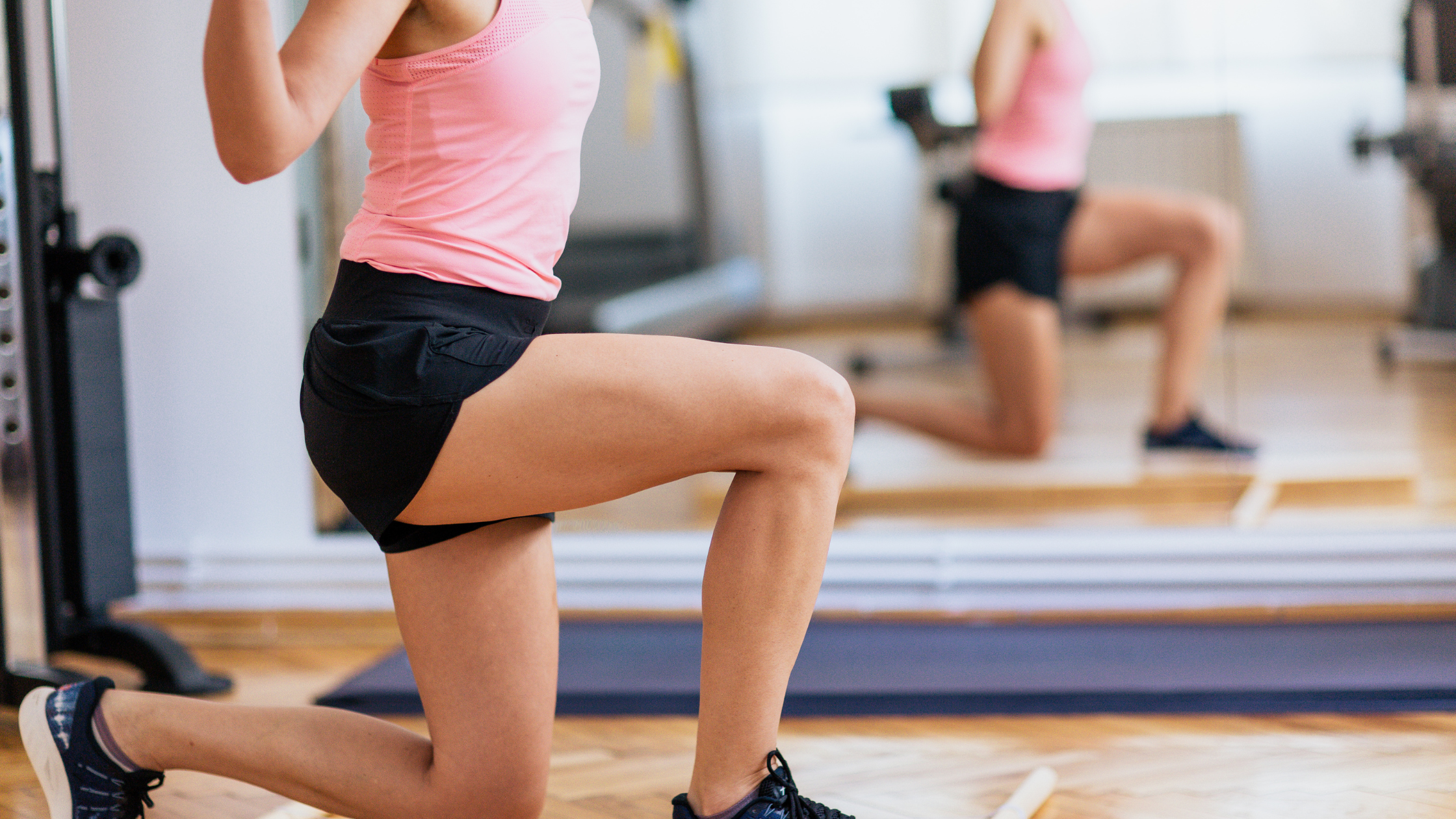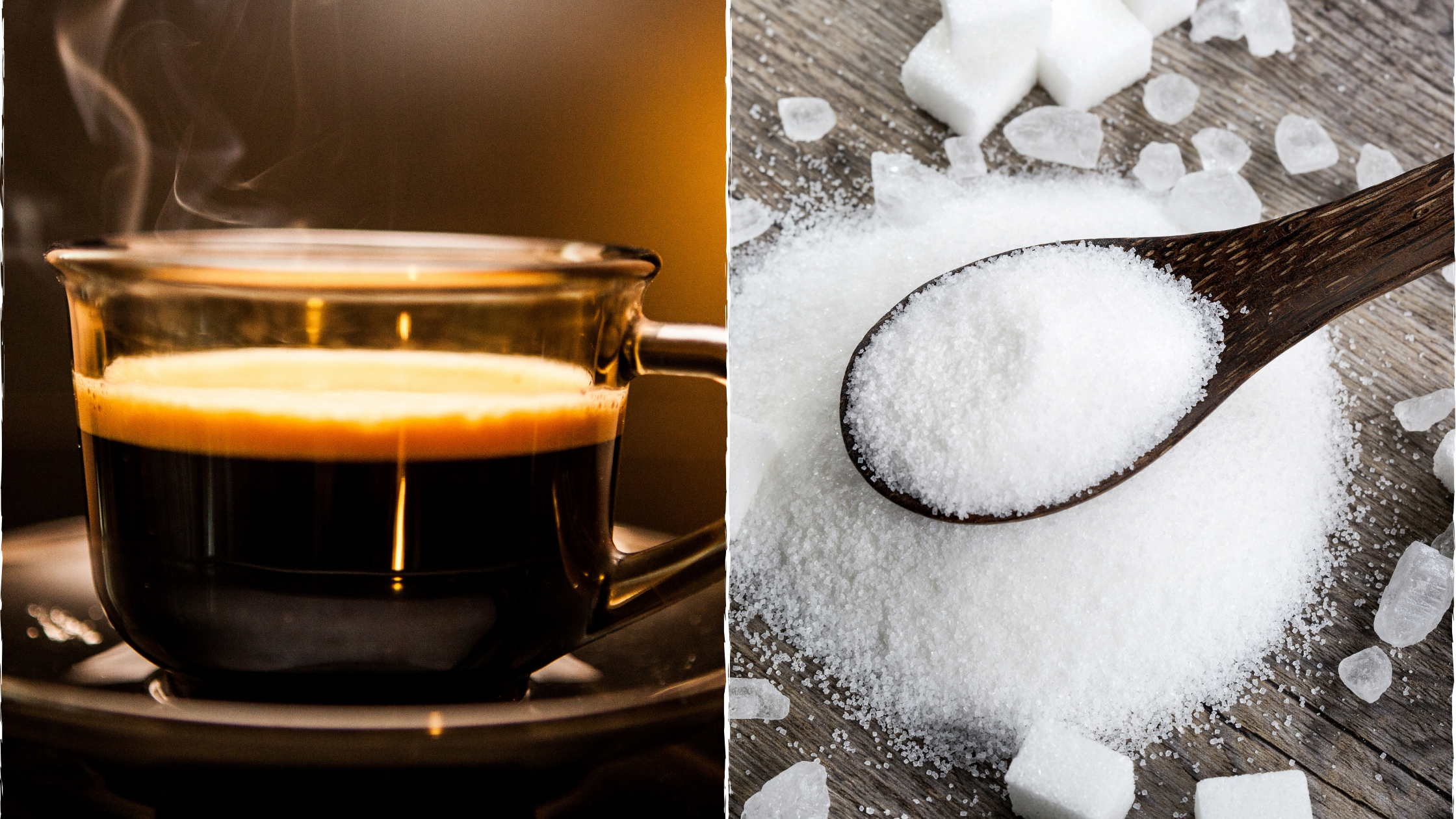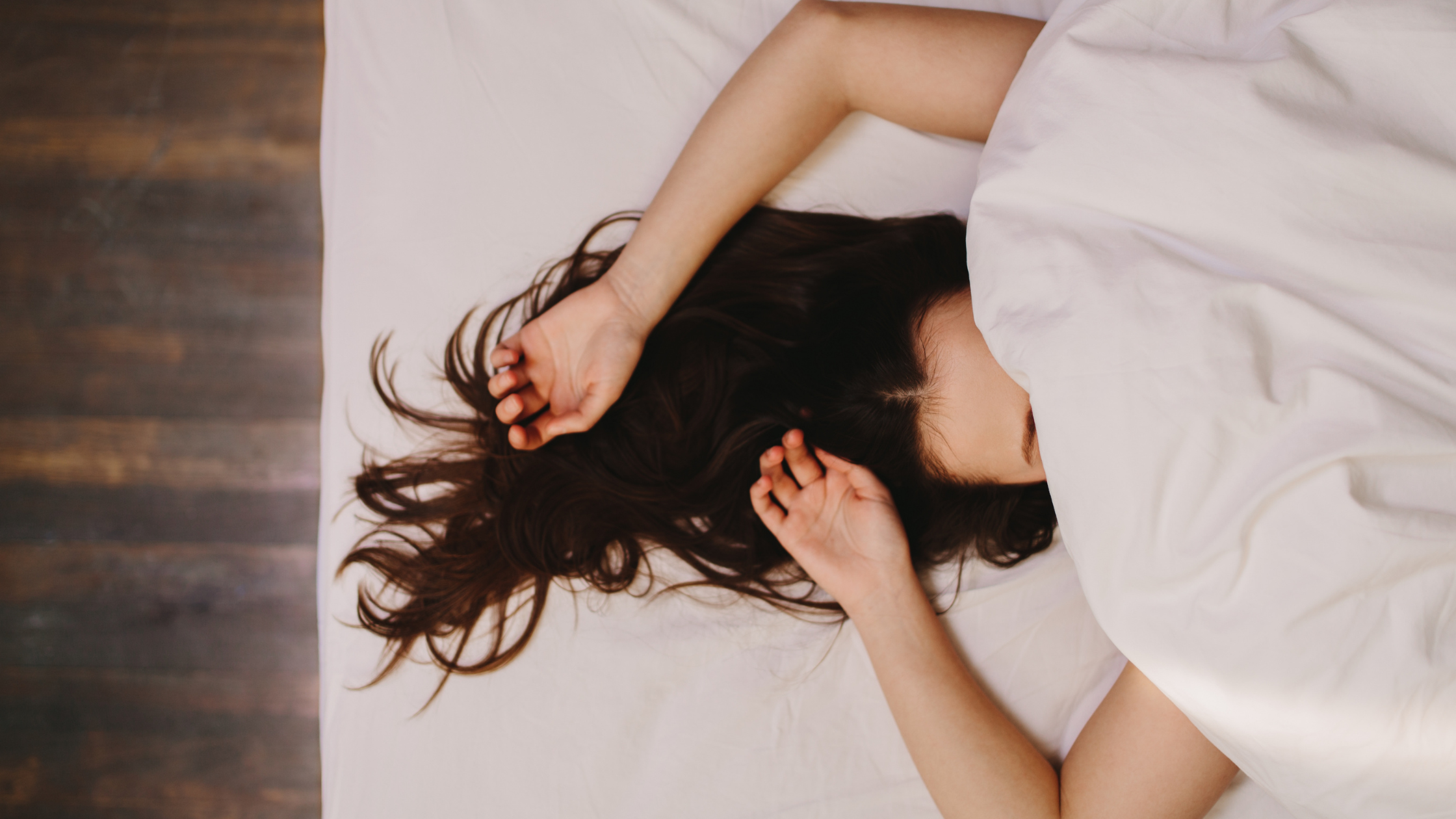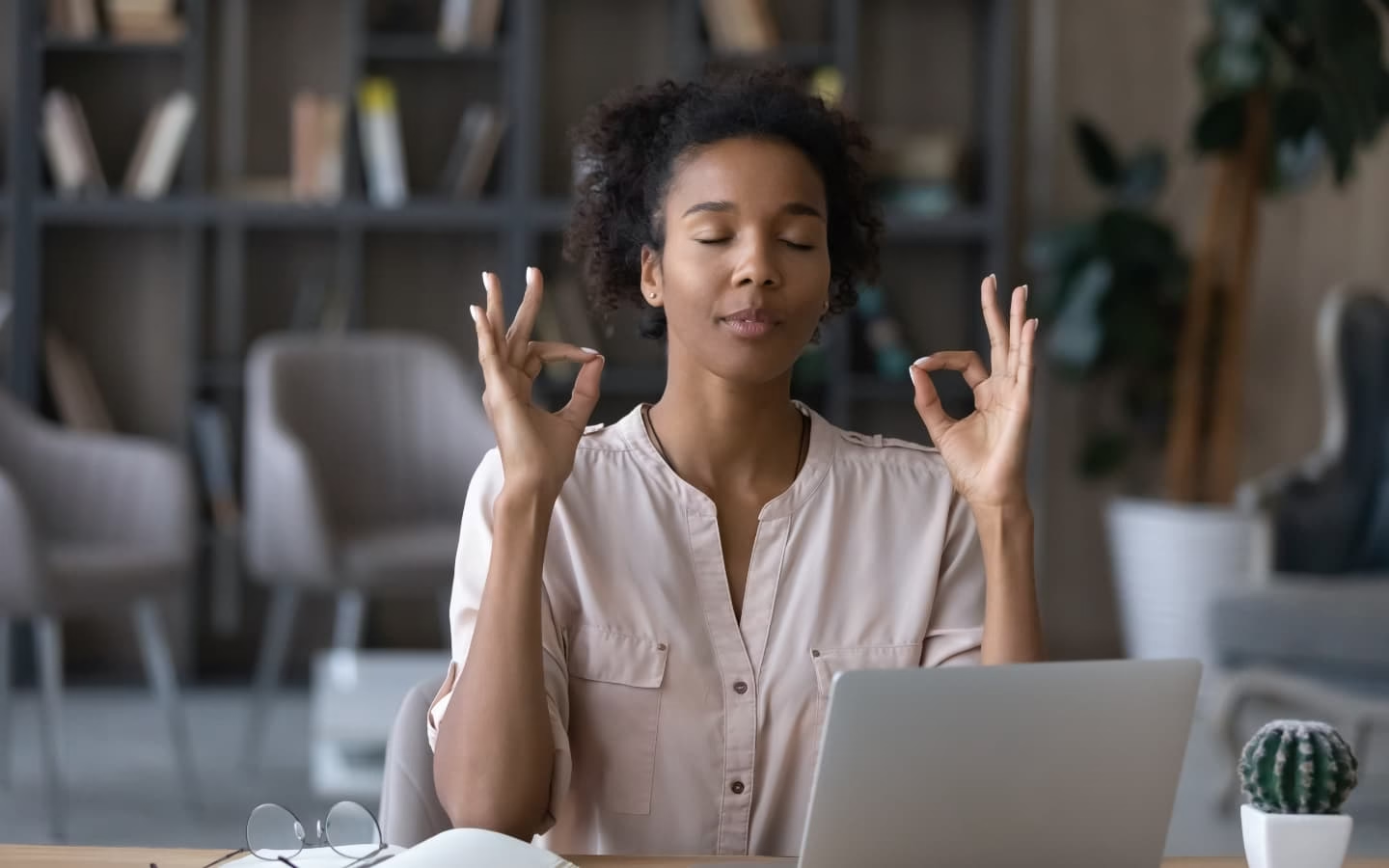Anxiety can creep into our lives in many ways, from work pressures to personal challenges. While it’s normal to feel anxious at times, chronic anxiety can affect our overall well-being, making it essential to find natural ways to manage it. If you’re looking for non-medical strategies to reduce anxiety, there are many simple and effective techniques you can try to calm your mind and ease the tension in your body.
In this article, we’ll explore natural ways to reduce anxiety that you can incorporate into your daily routine for a calmer, more balanced life.
1. Practice Deep Breathing
One of the quickest and most effective ways to reduce anxiety is to focus on your breath. When you’re feeling anxious, your breathing can become shallow, which further heightens feelings of stress. Deep breathing, on the other hand, signals your nervous system to relax.
How to Practice Deep Breathing:
- Sit or lie down in a comfortable position.
- Close your eyes and take a slow, deep breath in through your nose for a count of four.
- Hold your breath for a count of four, and then slowly exhale through your mouth for a count of four.
- Repeat this process for five to ten breaths, focusing on the sensation of your breath as it moves in and out of your body.
By practicing deep breathing regularly, you can train your body to respond to stress with calmness and clarity.
2. Try Progressive Muscle Relaxation (PMR)
Progressive Muscle Relaxation (PMR) is a technique that involves tensing and relaxing different muscle groups in your body to release tension and stress. This practice helps you become more aware of where you’re holding tension and teaches you how to consciously relax those areas.
How to Practice PMR:
- Find a quiet place to sit or lie down.
- Start with your feet. Tense the muscles in your feet by curling your toes for five seconds, then release and relax for ten seconds.
- Move up through your body—tense your calves, thighs, abdomen, arms, and finally, your face—holding the tension for five seconds before relaxing each area.
- As you release the tension, focus on the feeling of relaxation that follows.
PMR can be done in just a few minutes and is particularly helpful before bed to calm your body and mind.
3. Get Moving with Exercise

Physical activity is one of the best natural remedies for anxiety. Exercise boosts the production of endorphins, which are your body’s natural mood lifters. Even just 30 minutes of moderate exercise, like walking or yoga, can make a big difference in how you feel.
Why Exercise Helps with Anxiety:
- It lowers your body’s levels of cortisol, the stress hormone.
- It helps regulate your sleep patterns, which can reduce anxiety symptoms.
- It provides a healthy outlet for releasing physical and mental tension.
To reap the benefits of exercise, try to make it a regular part of your routine. Even a short walk in nature can have immediate calming effects.
4. Limit Caffeine and Sugar Intake

Caffeine and sugar can worsen anxiety symptoms by increasing your heart rate and blood pressure. While a cup of coffee or a sugary snack might give you a temporary boost, the crash that follows can trigger anxiety and irritability.
Ways to Reduce Caffeine and Sugar:
- Limit your intake of coffee, tea, and energy drinks.
- Switch to decaffeinated beverages or herbal teas, like chamomile or peppermint, which promote relaxation.
- Opt for whole, nutrient-dense foods that help stabilize your blood sugar levels, such as fruits, vegetables, and whole grains.
By being mindful of what you consume, you can avoid unnecessary anxiety triggers.
5. Practice Mindfulness
Mindfulness involves focusing on the present moment and observing your thoughts and feelings without judgment. It’s a powerful tool for managing anxiety because it helps you stay grounded instead of getting lost in worry about the future or dwelling on the past.
Simple Mindfulness Exercise:
- Take a few moments to sit quietly and focus on your breathing.
- Notice your thoughts as they arise, but instead of getting caught up in them, acknowledge them and let them pass without attachment.
- If your mind starts to wander, gently bring your attention back to your breath.
With regular mindfulness practice, you’ll find it easier to stay calm and centered, even during stressful situations.
6. Use Aromatherapy
Aromatherapy is a natural way to reduce anxiety through the use of essential oils. Certain scents, like lavender, chamomile, and bergamot, have calming properties that can help soothe your mind and body.
How to Use Aromatherapy:
- Use an essential oil diffuser in your home or workspace to create a calming environment.
- Apply a few drops of diluted essential oil to your wrists or temples for quick relief when you’re feeling anxious.
- Take a relaxing bath with a few drops of lavender essential oil before bed to promote restful sleep.
Inhaling the soothing scents of essential oils can help reduce stress and create a peaceful atmosphere.
7. Prioritize Sleep

Lack of sleep can exacerbate anxiety, and anxiety can make it harder to sleep, creating a vicious cycle. Prioritizing good sleep hygiene can significantly improve your mental health and reduce anxiety.
Tips for Better Sleep:
- Establish a consistent bedtime routine, going to bed and waking up at the same time each day.
- Avoid screens and stimulating activities before bed.
- Create a calming bedtime ritual, such as reading a book, meditating, or listening to calming music.
- Make your sleep environment comfortable and relaxing, with a focus on low lighting, a cool temperature, and comfortable bedding.
Better sleep equals a better ability to handle stress and anxiety throughout the day.
Conclusion: Small Changes, Big Impact
Anxiety can feel overwhelming, but by incorporating these natural techniques into your daily routine, you can regain control and find more peace in your life. Whether it’s through mindful breathing, regular exercise, or prioritizing sleep, each small change you make can have a big impact on reducing anxiety.
Remember, managing anxiety is a journey, and it’s important to find the techniques that work best for you. By embracing these natural remedies, you’ll be well on your way to living a calmer, more balanced life.

